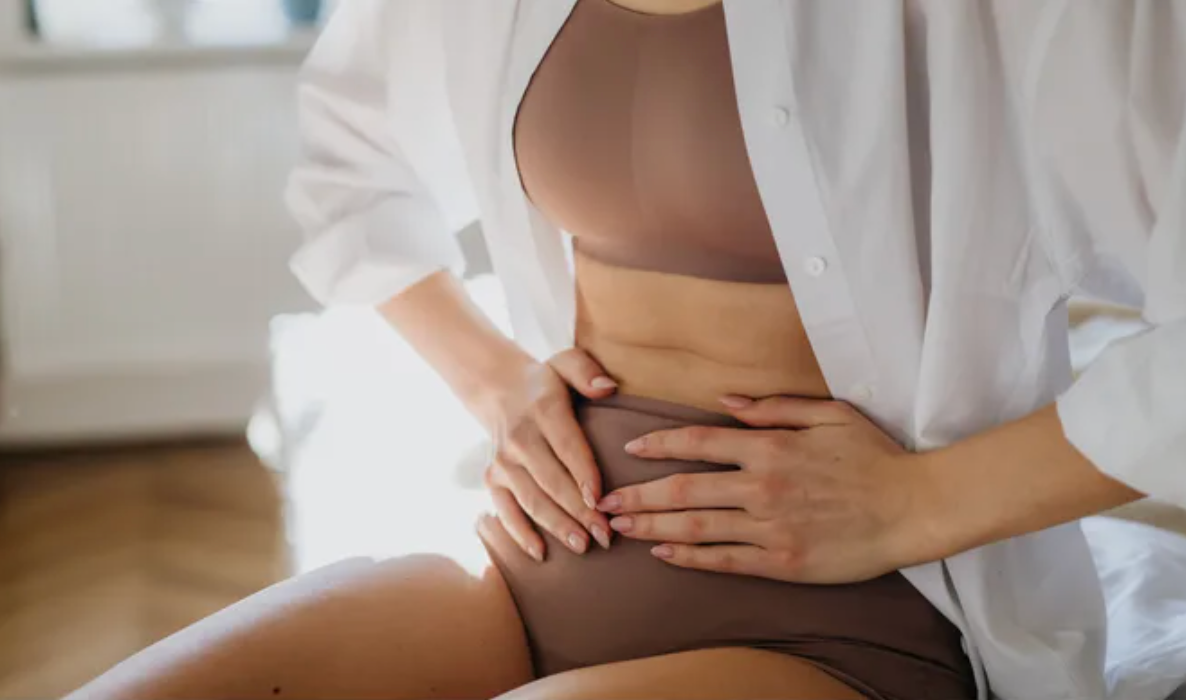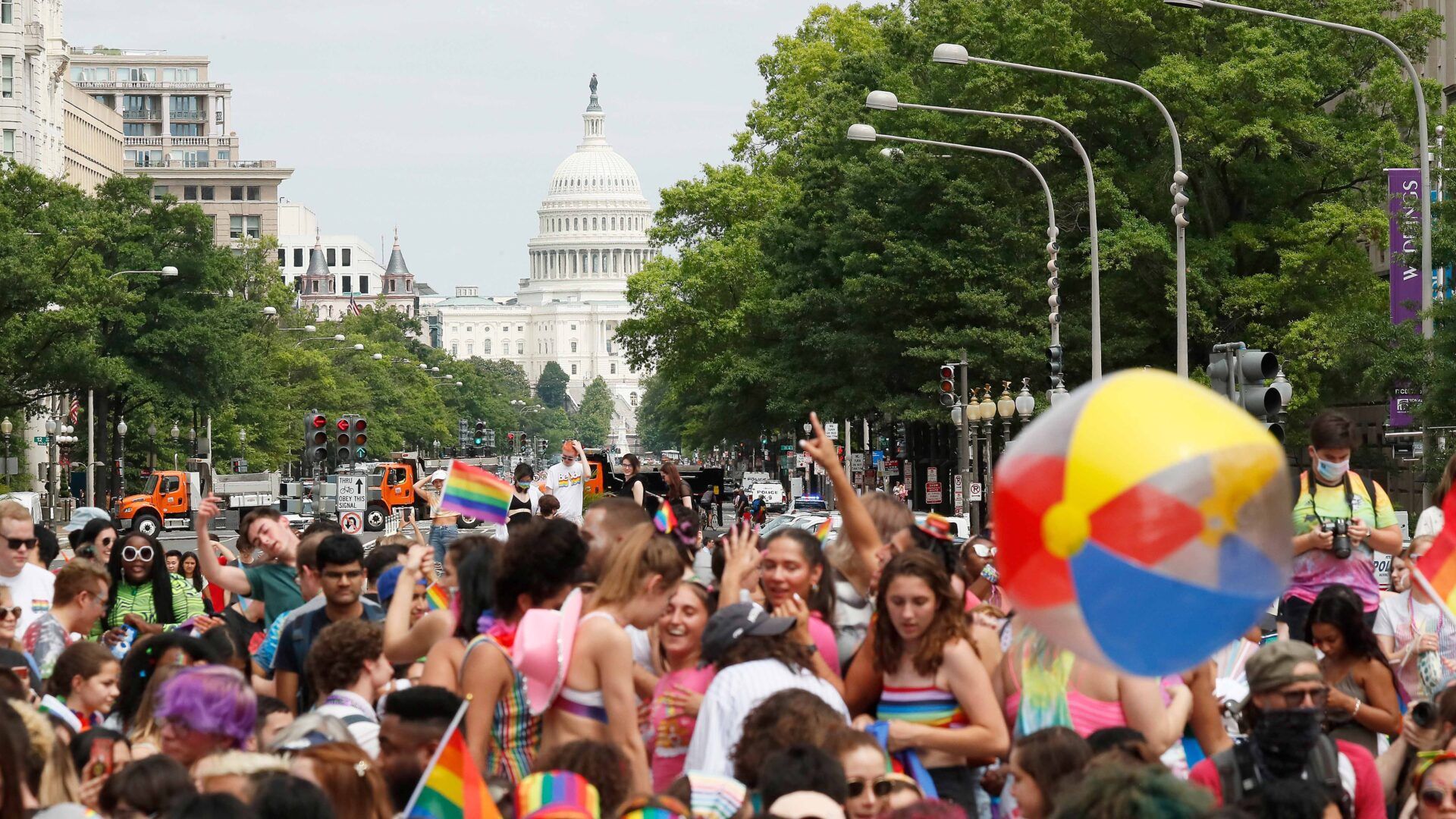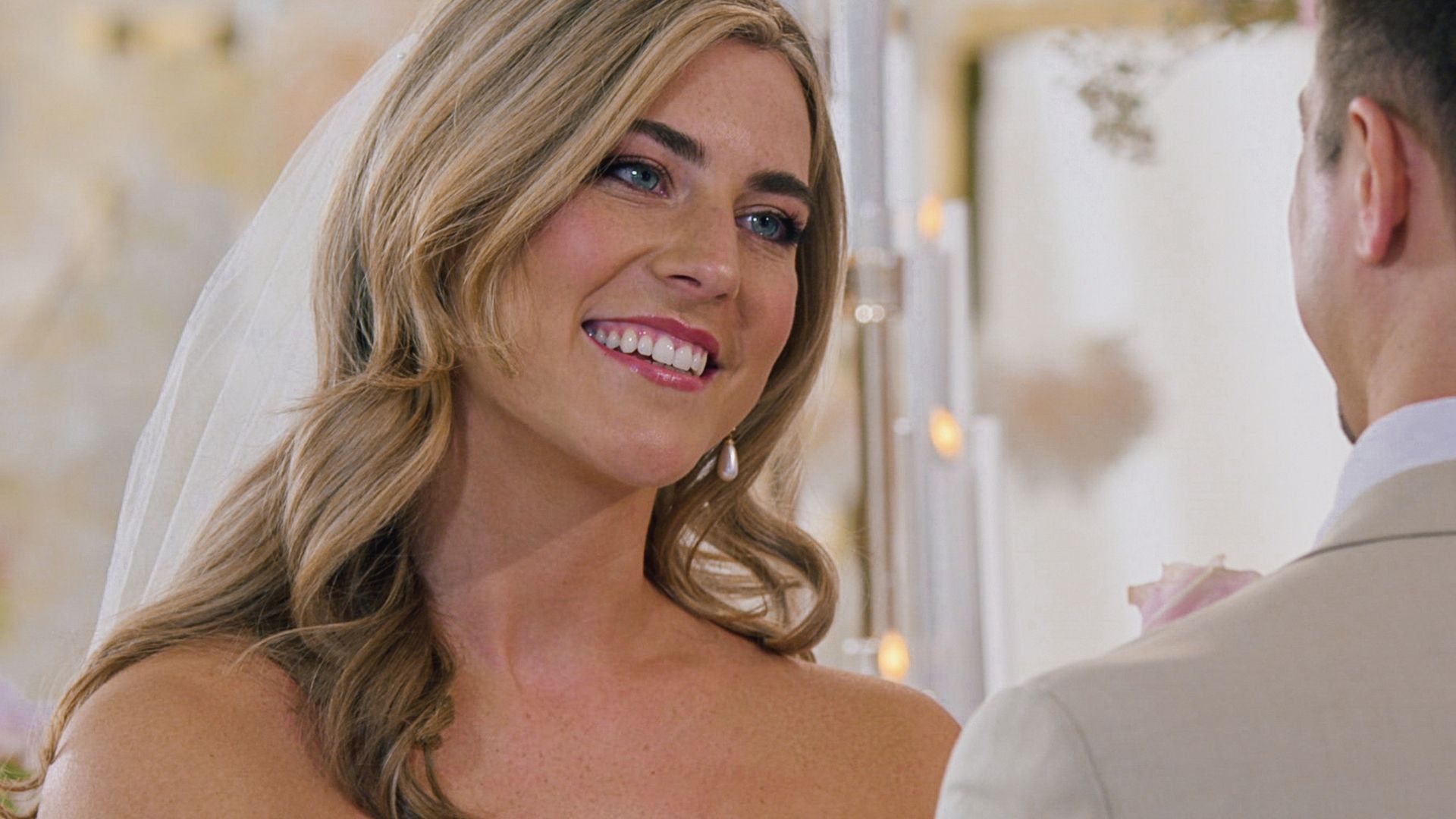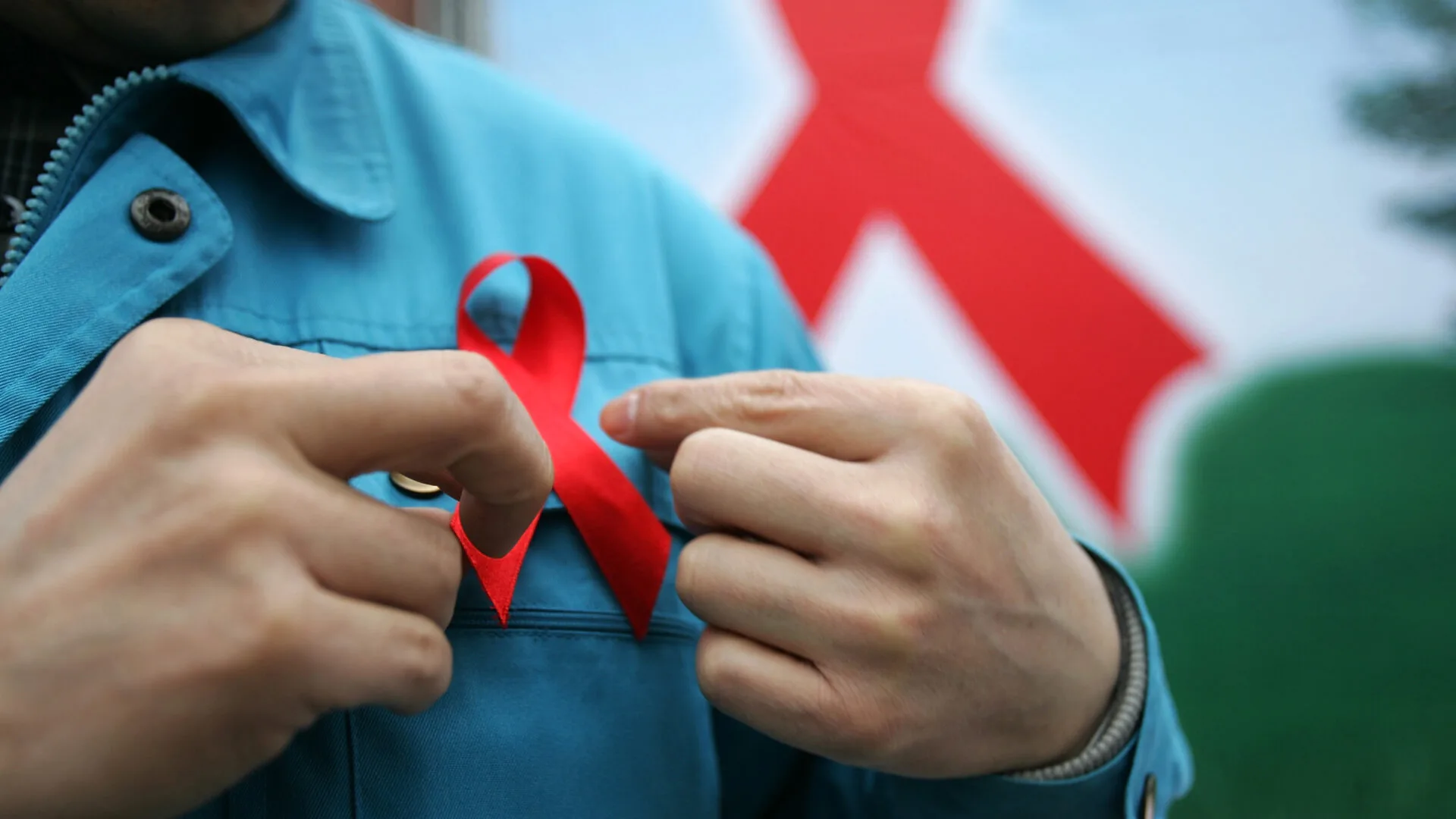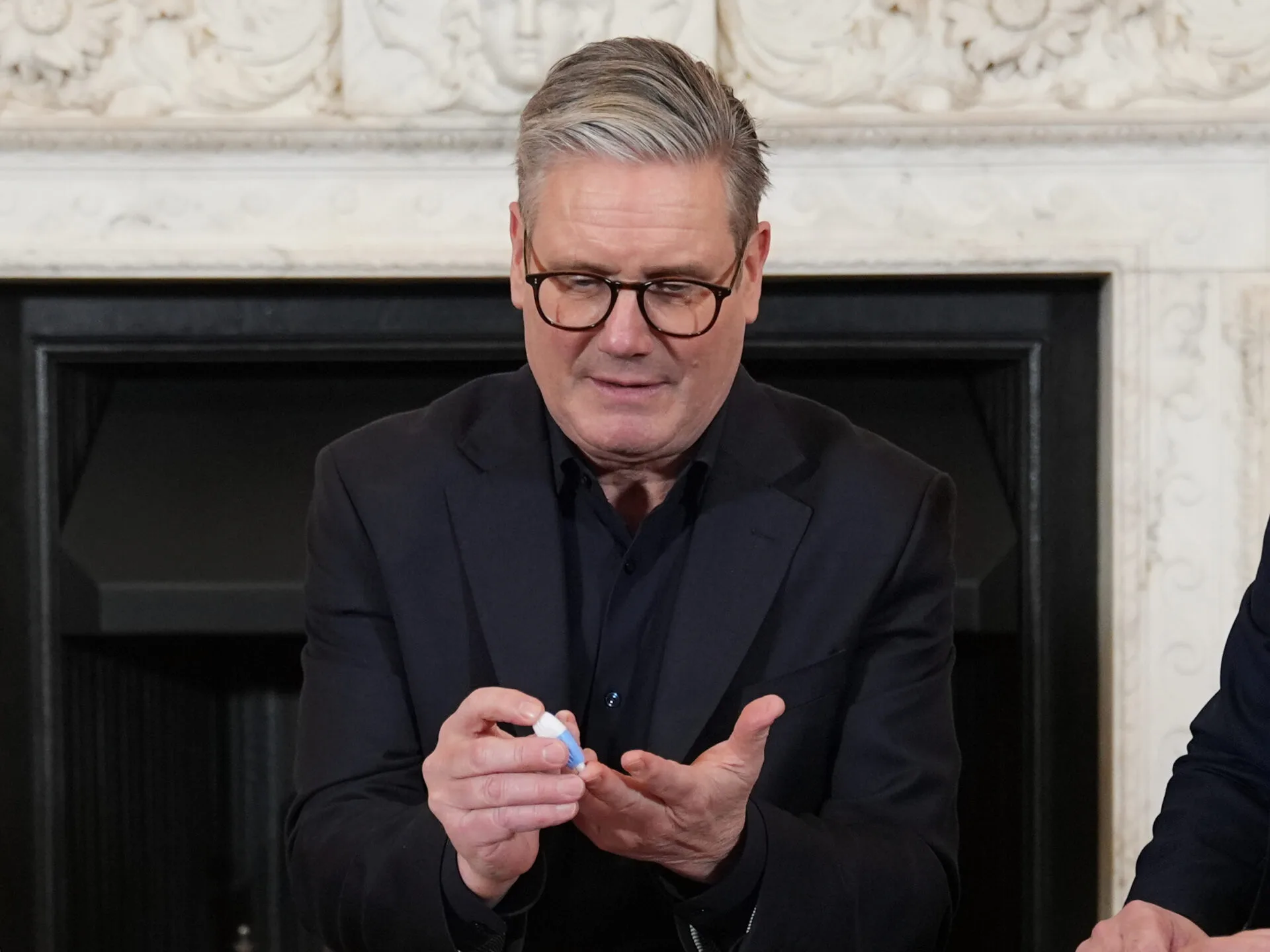A new daily pill for endometriosis has been approved in the UK. The pill combines multiple hormones and works quickly to target symptoms. Only 1,000 people will be able to access it each year but at least it’s a step in the right direction.
I remember the first time I got my period. I grew up in a very … liberal household. Periods, tampons and the birds and the bees were explained to me from a young age, so I wasn’t overly surprised when I noticed the first signs of menstruation at the age of twelve.
What followed wasn’t the typical teenage discomfort that people often associate with periods, but rather intense pain that no one seemed to understand. I was in Disneyland a year later, debilitated with insane pain in my lower abdomen, back and between my legs. I was curled up on the floor of the bathroom, not understanding why the pain medication wasn’t reducing the agony I felt.
The next 12 years that followed included me bleeding through period products, popping paracetamol like skittles, and cancelling plans when I couldn’t get out of bed. For over a decade, I was made to feel like my struggles were just part of being a woman, as I lived in agony, unrecognised and misunderstood.

It wasn’t until I was 25 that I was formally diagnosed. Collapsing in the middle of the city centre, I was convinced something major was wrong with me. I wasn’t on my period, so automatically I assumed my appendix had burst. My girlfriend got me on the train, just a few stops to her house but it felt like hours. I had to lay on the ground of the station until she could get her car and bring me home.
I ended up in A&E, where I was told I had an ovarian cyst that had ruptured. After a lot of invasive testing, my CA125 markers were through the roof so I was referred to oncology as the doctors told me (over the phone) that there was a potential that I had cancer. Luckily, after further investigation, procedures and biopsies it was found that I did not have cancer. But I did have stage 4 endometriosis.
It was a moment of relief in some ways, to know exactly what was wrong with me. But honestly, it didn’t change much. There’s a saying that knowledge is power, but when knowledge brings no cure, it’s hard to feel empowered.
For me, being diagnosed with stage four endometriosis was a confirmation of what I had already suspected – that there was something terribly wrong with my body.
Being diagnosed doesn’t really make a huge difference – at least not in the way that I hoped. Perhaps I was naive, but it didn’t provide a quick fix, nor does it bring a sense of finality or relief. What it does, however, is clarify what you already know deep down: your body is not functioning in the way it should.
I was immediately put on various forms of birth control in an attempt to reduce the symptoms. Did it work? No. Did it mess with my hormones and emotions? Absolutely. I became someone I didn’t recognize – crying uncontrollably, yelling over small frustrations, gaining weight, and feeling numb. The pain, unfortunately, didn’t reduce. The emotional toll, however, was profound.
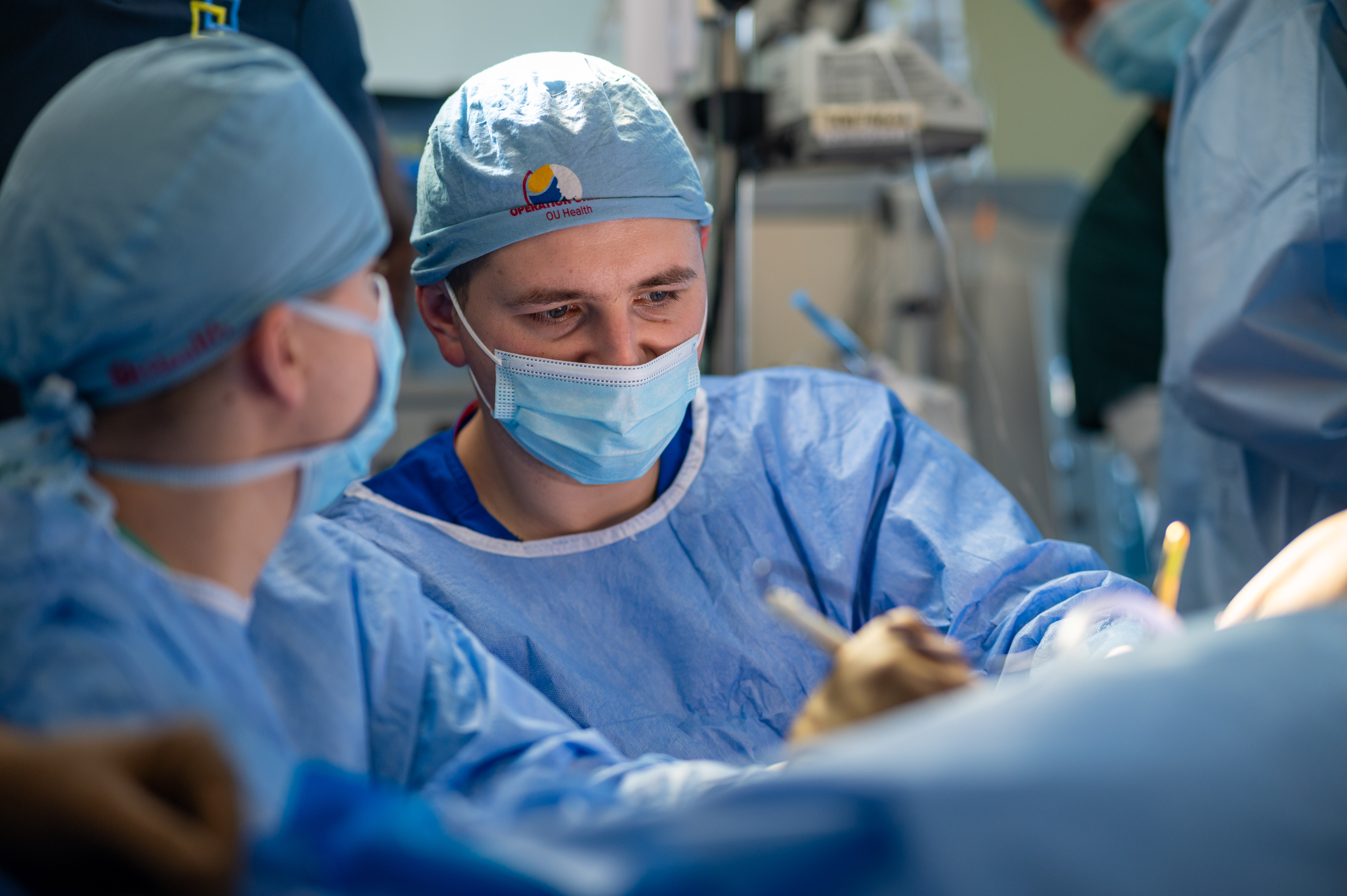
One of the most jarring aspects of the process was being told by doctors that I should start trying for kids or freeze my eggs as soon as possible. It was a suggestion that, at the time, felt completely out of left field. I wasn’t ready to think about starting a family. My body felt like a ticking time bomb, and the idea of freezing my eggs seemed more like an obligation than a choice. The pressure was unbearable, and I couldn’t escape the feeling that my entire reproductive future was being decided by the disease, not by me.
Luckily, after six months of trial and error with various treatments, I found something that worked. The Mirena coil became my lifeline. It wasn’t perfect, but it was better than what I had tried before. The symptoms were still there—bloating, weight gain—but my hormones started to regulate, and most importantly, my periods became more manageable. The pain was no longer as debilitating, and that was a huge relief. I finally had a glimpse of what normal might look like, even if it wasn’t without its challenges.
Fast forward nearly three years to the day that my cysts ruptured, and I am still battling endometriosis. The pain has significantly reduced, but it’s far from gone. It shows up at unexpected times, and recently, I’ve been dealing with painful sciatica due to the areas where the endometrial tissue has grown. My body is still not the same, and I’m constantly trying to work with it to restore my health. It’s frustrating to be in a constant fight with your own body, but it’s something I, and many others like me, must do daily.
Living with endometriosis in Ireland isn’t just about managing the pain; it’s about navigating a system that often fails to acknowledge the full extent of the condition. Too many of us go unheard for far too long, and even once diagnosed, we are often left to fend for ourselves when it comes to treatment options. The resources available, though improving, are still limited, and the mental and physical toll is often underestimated.
I can’t help but think, if this condition impacted cis men there would be a cure. Society tends to prioritize cis men’s health, and if there was a condition that impacted male reproductive organs so severely, we would have already found a suitable cure. The fact that this is the case really speaks volumes on how the health system views female reproductive healthcare.
The stigma surrounding women’s health issues, especially those like endometriosis, needs to change. We deserve better care, better understanding, and most importantly, more options. Because no one should have to endure 13 years of pain, frustration, and uncertainty just to finally get the recognition they deserve. I’ve learned to manage the disease as best I can, but it’s clear to me that there is so much more that needs to be done to ensure that those living with endometriosis can lead healthier, happier lives.

